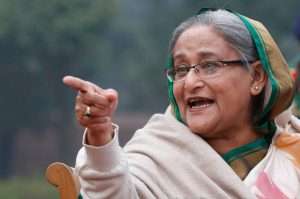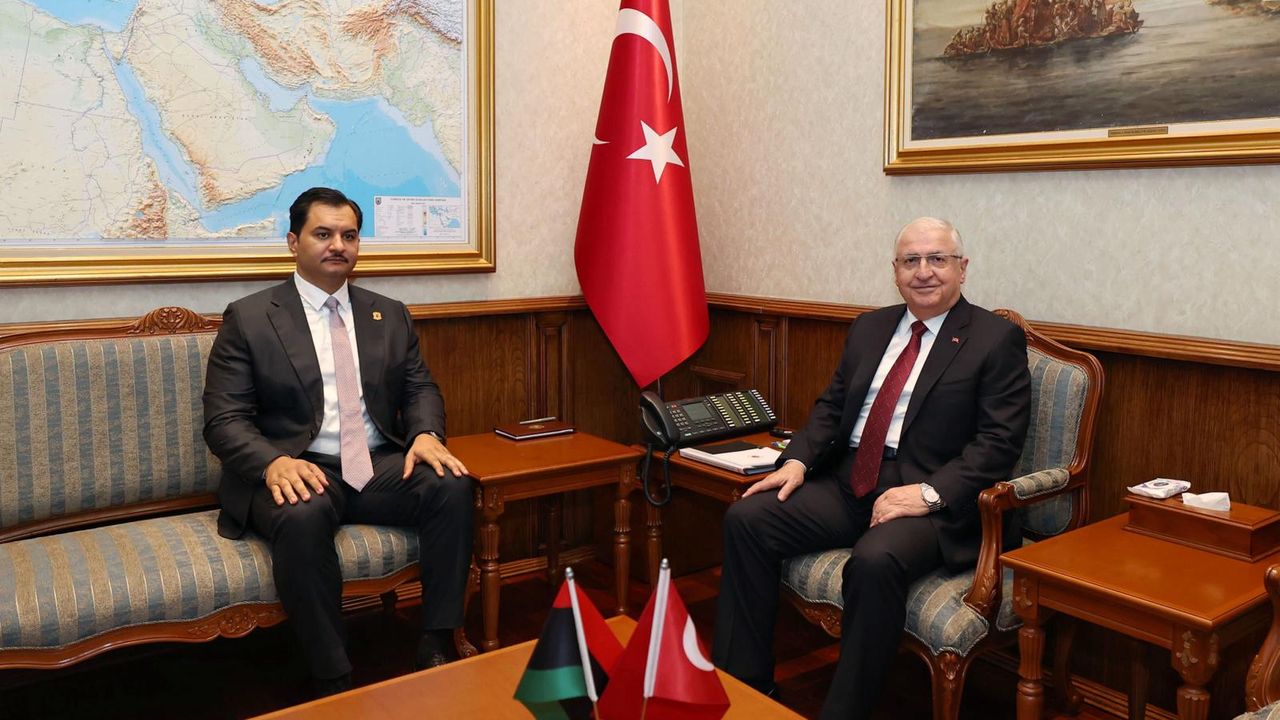Libya: Bashagha replaced in bid to gain access to finances

Libya’s eastern-based parliament voted on May 16th to replace Fathi Bashagha as prime minister, its spokesperson said, after he failed to take office in Tripoli where the incumbent Abdulhamid Dbeibah has refused to cede power, according to Reuters.
The parliament assigned Bashagha’s finance minister Osama Hamad to take over his duties, parliament spokesperson Abdullah Belhaiq said, part of an apparent new push to oust Dbeibah and install a new government in Tripoli.
Bashagha was appointed in March 2022 but his efforts to enter Tripoli and take office ended in battles between factions aligned with him and others aligned with Dbeibah, and he has had to operate outside Tripoli with no control of state finances.
He wrote to the parliament earlier on the same day saying he was handing his duties over to his deputy Ali Qatrani, without saying whether or when he planned to resume them. A source close to him said Bashagha was taking a personal leave.
His move though is not believed to be his own wishes. Just one month ago, he told Saudi news outlet Asharq Al Awsat that he intended staying put for the longer duration.
On april 12th Bashagha announced that he would remain in his position until “all Libyan parties” agree on electoral laws, which are welcomed by the international community, and until they set dates for the presidential and parliamentary elections.
“Only then will I decide,” he told Asharq Al-Awsat in an interview.
On whether he will run for president, he said he will make up his mind after the laws and regulations related to the polls are approved.
Libya has had little peace since the 2011 NATO-backed uprising against Muammar Gadhafi, and it split in 2014 between warring eastern and western factions, though major fighting has been paused since a ceasefire in 2020.
READ: ICC court issues secret arrest warrants for Libya crimes
Dbeibah’s government was installed through a UN-backed process in 2021 that was aimed at holding elections that year, but the vote was cancelled amid disputes over the rules.
Diplomacy now is focused on bringing the parliament and another legislative body, the High State Council, to agree on rules that would allow an election to take place.
However, senior figures in the parliament have pushed for a new interim government before any election, a move their opponents see as a delaying tactic to put off a vote and hang onto their positions.
By replacing Bashagha, figures who oppose Dbeibah may also hope they can win enough support from other factions in western Libya to replace him and gain access to state finances.
The High State Council, which never recognised the appointment of Bashagha, called the parliament’s move to replace him a “political absurdity” in a statement.
Want to chase the pulse of North Africa?
Subscribe to receive our FREE weekly PDF magazine













